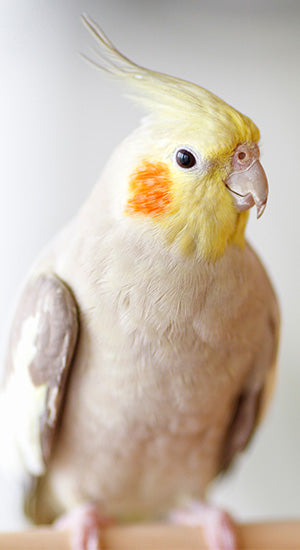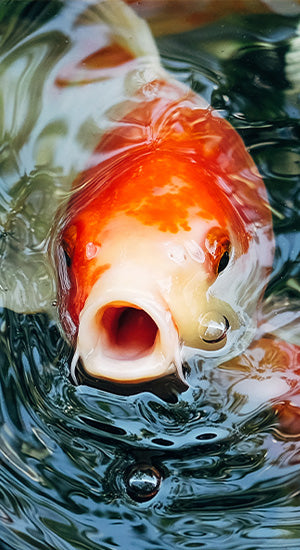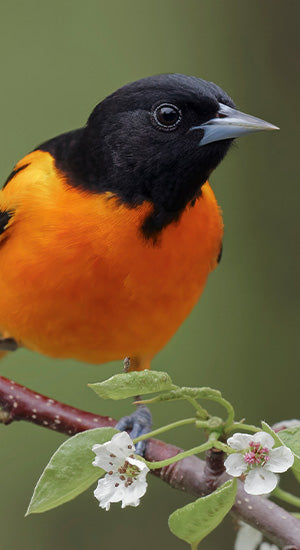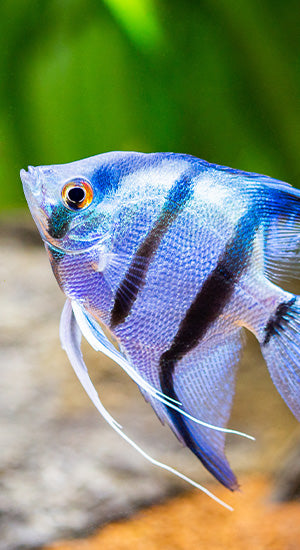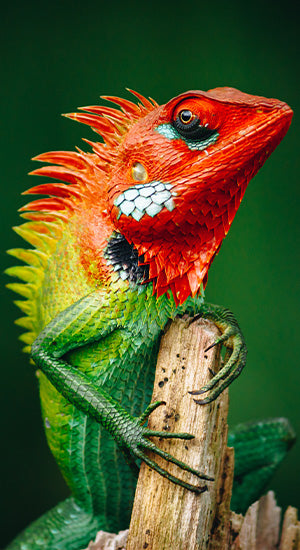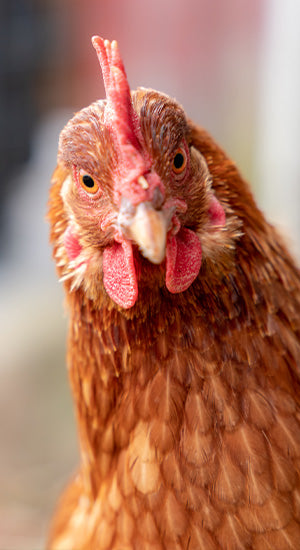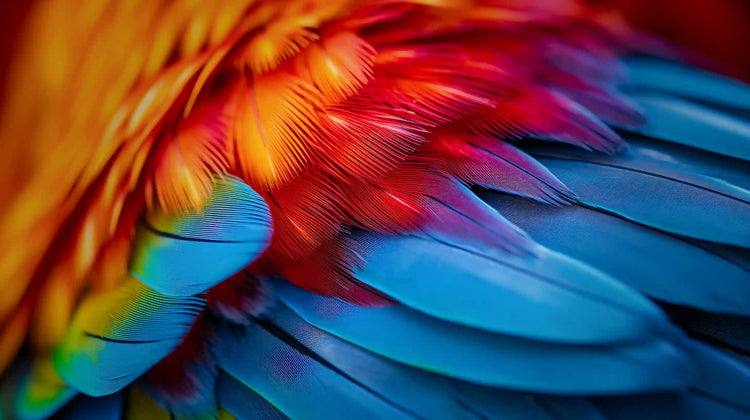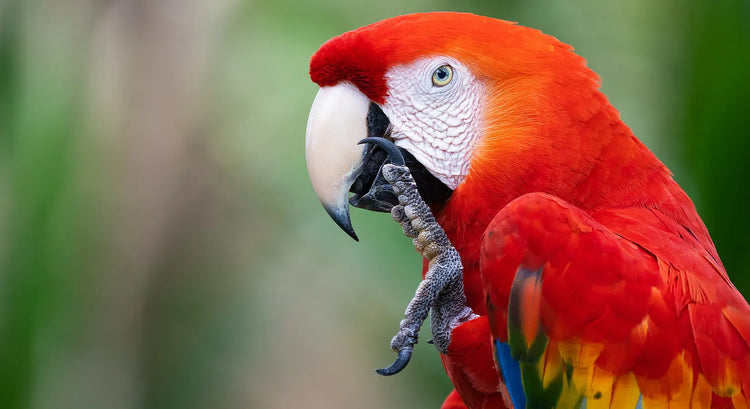
If you've ever tried to adopt or purchase a bird you’ve probably come across the phrase “prior bird experience required.” But what exactly does that mean?
Is owning a bird in the past enough? Do all bird experiences count equally? The truth is, not all bird experience is created equal. Caring for different species can require drastically different knowledge, skills, and levels of commitment.
Let’s take a closer look at what “prior bird experience” really means, and why it matters.
Not All Birds Are The Same
Birds are an incredibly diverse class of animals, and their care needs vary just as widely. While some birds are relatively hands-off, others are highly intelligent, social, and can be quite demanding.

The term “prior bird experience” is often used by breeders, rescues, and pet stores to ensure that potential bird owners are prepared for the specific challenges of more complex species. Someone may have years of experience caring for finches or canaries, but that doesn’t necessarily prepare them for a bird that:
- Requires daily mental stimulation.
- Forms strong bonds with humans.
- May scream, bite, or become territorial if not properly trained.
- Needs consistent out-of-cage time and socialization.
This difference in care level is why experience with one type of bird doesn’t always translate well to another.
What Kind of Experience Matters?
When someone asks about your prior bird experience, what they’re really asking is:
- Have you handled a bird with similar needs to the one you're interested in?
- Do you understand how to manage complex behavior?
- Are you familiar with the social and emotional needs of more interactive birds?
- Have you committed to the daily care routines these birds require?
Experience that tends to transfer well includes:
- Hands-on interaction with social birds.
- Understanding of positive reinforcement and basic training.
- Familiarity with reading body language and managing stress.
- Experience dealing with issues like screaming, biting, hormonal behavior, or plucking.
In contrast, experience that may not fully prepare you includes:
- Owning birds that were mostly cage-bound or didn’t require social interaction.
- Caring for birds in a flock without much human bonding.
- Watching or caring for birds passively, without active training or handling.
Why It Matters
Birds, especially intelligent social species can develop serious behavioral problems if their needs aren’t met. Biting, screaming, plucking, and anxiety are often the result of improper socialization, poor environment, or unintentional reinforcement of negative behaviors.
When a seller or rescue asks for prior experience, they’re protecting the welfare of the bird and ensuring a good match for the new owner. An underprepared owner might quickly become overwhelmed, and a bird placed in the wrong home may end up neglected, rehomed, or emotionally damaged.

